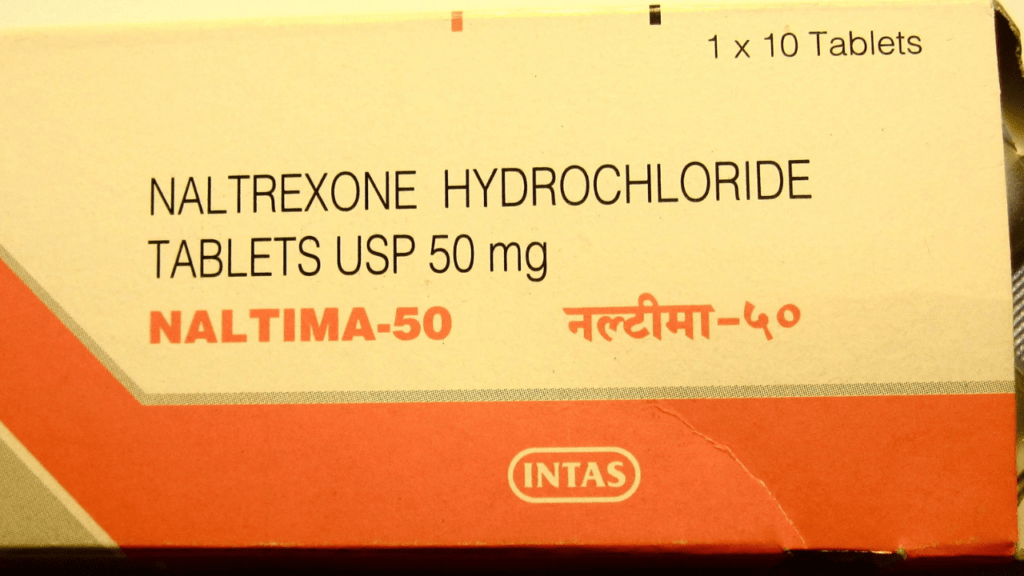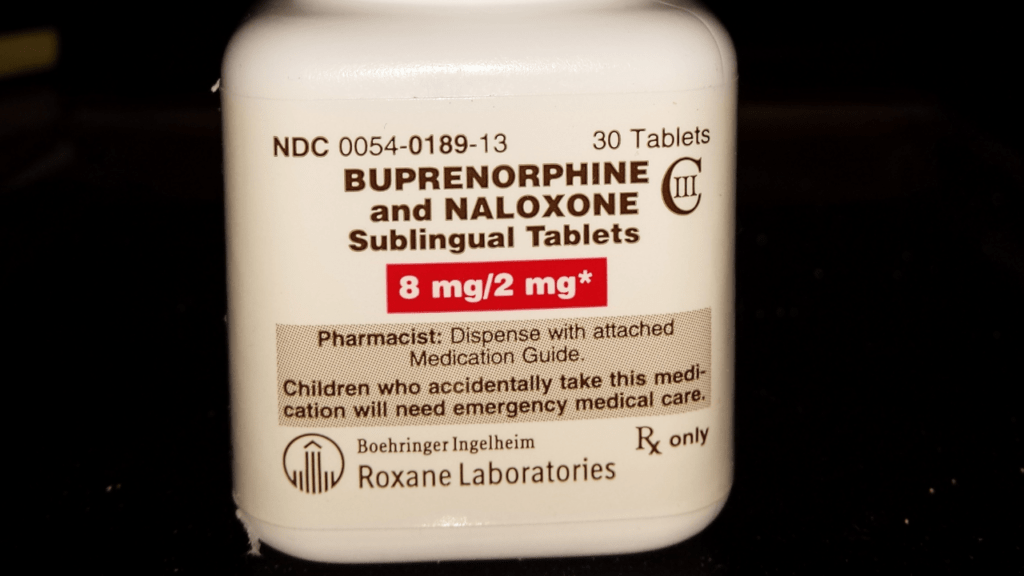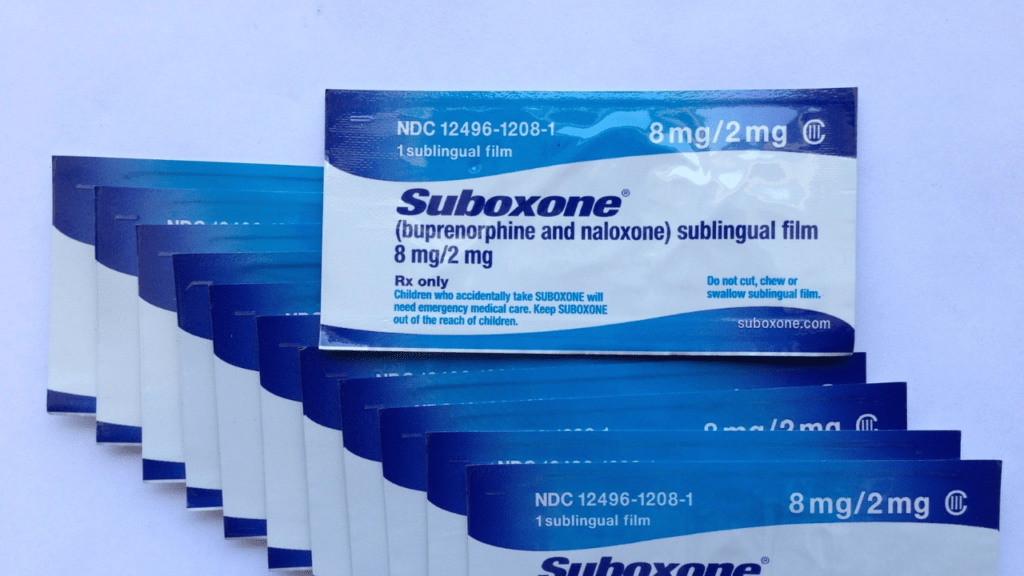Medication-Assisted Treatment (MAT) represents a revolutionary approach in the battle against substance use disorders, including opioid and alcohol addiction. This evidence-based treatment combines pharmacological interventions with comprehensive behavioral therapies to provide a “whole-patient” approach to substance abuse treatment. Understanding what MAT is and how it can be utilized in addiction treatment is crucial for those seeking effective recovery solutions.
The Foundation of MAT
MAT is grounded in the understanding that addiction is a complex brain disorder that can be effectively treated with a combination of medication and therapy. The medications used in MAT are approved by the Food and Drug Administration (FDA) and are administered under the supervision of healthcare professionals. These medications work by normalizing brain chemistry, blocking the euphoric effects of alcohol and opioids, relieving physiological cravings, and stabilizing body functions without the negative effects of the abused drug.
The Role of Medications in MAT
Several medications are commonly used in MAT programs, each targeting different aspects of addiction:
- Methadone reduces opioid cravings and withdrawal and blunts or blocks the effects of opioids.
- Buprenorphine suppresses and reduces cravings for opioids.
- Naltrexone blocks the effects of opioids and alcohol in the brain, helping to prevent relapse.
- Acamprosate reduces symptoms of post-acute withdrawal in alcohol addiction, such as insomnia, anxiety, and restlessness.
- Disulfiram interferes with the metabolism of alcohol, resulting in unpleasant effects when alcohol is consumed.
These medications, when used as part of a comprehensive treatment plan, can significantly improve the likelihood of recovery success.

Integrating Behavioral Therapies
While medications can play a critical role in the recovery process, they are most effective when combined with behavioral therapies. Counseling and therapy help address the psychological and social aspects of addiction, teaching coping strategies, and helping individuals to modify their attitudes and behaviors related to drug use. Behavioral therapies can also enhance the effectiveness of medications and help people stay in treatment longer.
The Benefits of MAT
MAT has been shown to:
- Improve patient survival.
- Increase retention in treatment.
- Decrease illicit opiate use and other criminal activity among people with substance use disorders.
- Increase patients’ ability to gain and maintain employment.
- Improve birth outcomes among women who have substance use disorders and are pregnant.

Accessing MAT
Accessing MAT requires a comprehensive evaluation by a healthcare professional to determine the most appropriate treatment plan based on the individual’s specific needs and substance use history. It’s important for those seeking treatment to find a facility that offers MAT as part of their addiction treatment services.
How Destination Hope Can Help
Destination Hope recognizes the importance of providing comprehensive and individualized treatment plans for those struggling with substance use disorders. We offer MAT as part of our holistic approach to addiction treatment, combining it with behavioral therapies to address all aspects of addiction. Our dedicated team of professionals is committed to supporting each individual through their recovery journey, offering the tools and resources necessary for long-term success.
If you or someone you love is considering MAT for addiction treatment, Destination Hope is here to help. Our evidence-based approaches are designed to support recovery and promote a healthier, drug-free life.
For more information on our MAT program and other treatment options, call us today at (954) 302-4269. Let us help you take the first step towards a new beginning.

